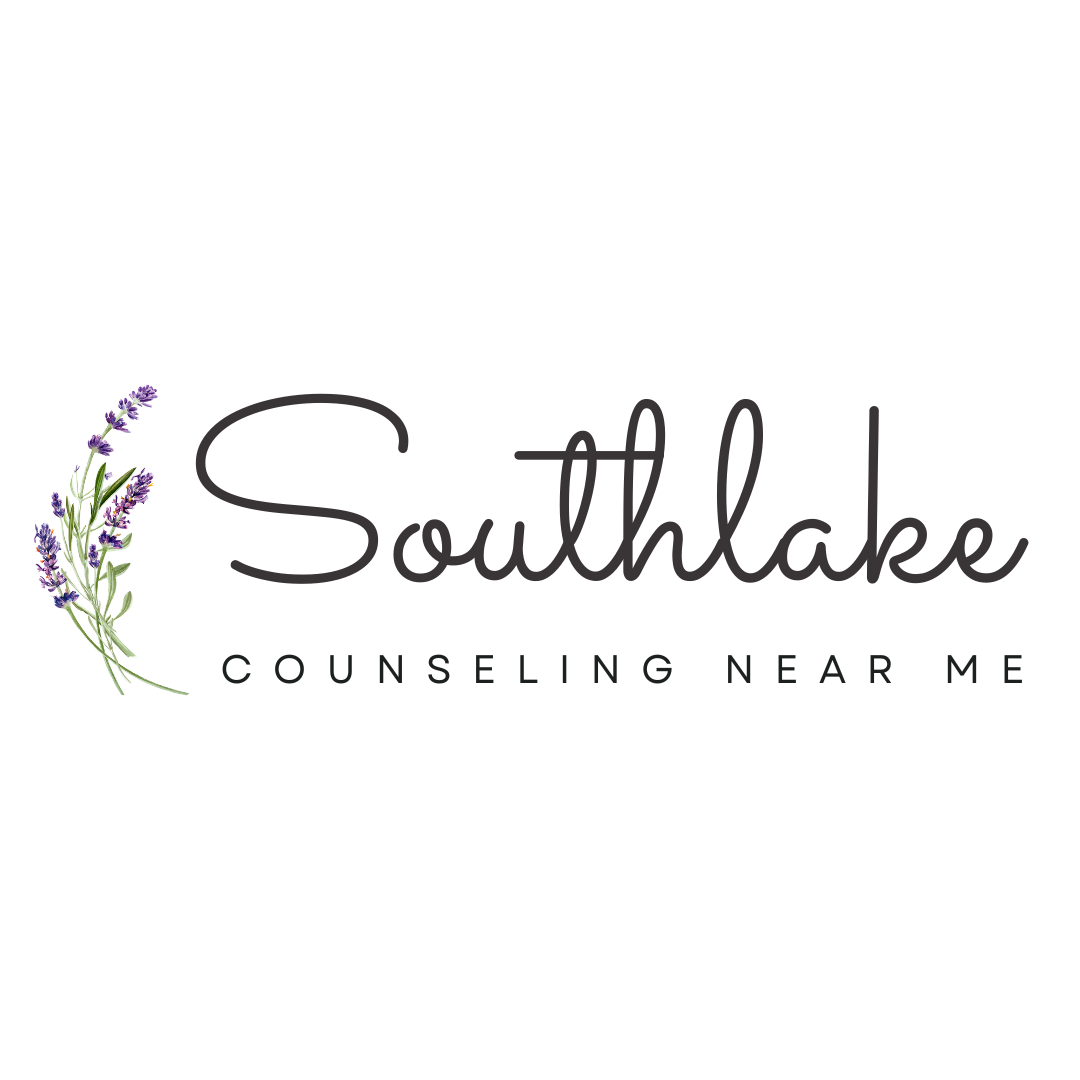Have you ever felt like life is something that just happens to you, or do you believe you have control over your destiny? This fundamental difference in perspective is known as the locus of control. Understanding your locus of control can empower you to make more intentional choices and lead a more fulfilling life.
What Is Locus of Control?
The term “locus of control” was introduced by psychologist Julian B. Rotter in 1954. It refers to an individual’s belief system regarding the causes of their experiences and the factors to which they attribute success or failure (Rotter, 1966).
There are two primary types:
- Internal Locus of Control
- Characteristics: You believe that your actions significantly influence the outcomes in your life.
- Behavior: You take responsibility for your choices, are proactive, and feel empowered to change your circumstances.
- External Locus of Control
- Characteristics: You believe that external forces—such as luck, fate, or other people—primarily determine what happens to you.
- Behavior: You may feel powerless in influencing your life, leading to passivity or resignation.
Why Does Locus of Control Matter?
Your locus of control can significantly impact various aspects of your life, including:
- Mental Health: Research indicates that individuals with an internal locus of control tend to have lower levels of stress and anxiety (Benassi, Sweeney, & Dufour, 1988).
- Academic and Career Success: An internal locus is often linked to higher motivation and better performance in educational and professional settings (Findley & Cooper, 1983).
- Resilience: Those who feel in control are generally more adaptable and better at coping with challenges.
The Science Behind It
Rotter’s Social Learning Theory suggests that behavior is a result of expectations and the value we place on certain outcomes. If you believe your efforts will lead to success, you’re more likely to engage in behaviors that align with your goals (Rotter, 1966).
Can You Change Your Locus of Control?
Absolutely! While your locus of control is influenced by early life experiences, it is not fixed. Here are some steps to shift toward a more internal locus of control:
- Self-Awareness: Recognize your current belief patterns. Journaling can help identify when you attribute outcomes to external factors.
- Set Achievable Goals: Start with small, attainable objectives to build confidence in your ability to influence outcomes.
- Challenge Negative Beliefs: Replace thoughts like “I can’t do anything about it” with “What can I do to improve the situation?”
- Seek Support: Therapy can provide tools and strategies to develop a more internal locus of control.
How We Can Help
At Southlake Counseling Near Me, I am committed to helping you understand and harness your locus of control. By addressing the whole person—mind, body, and soul—we can work together to:
- Identify limiting beliefs that hold you back.
- Develop strategies to take proactive steps in your life.
- Enhance your resilience and coping skills.
Conclusion
Understanding your locus of control is a powerful step toward personal growth and healthier relationships. By shifting toward a more internal locus of control, you empower yourself to make choices that align with your goals and values.
Remember, you don’t have to navigate this journey alone. I’m here to walk alongside you, offering support and guidance every step of the way.
References
- Benassi, V. A., Sweeney, P. D., & Dufour, C. L. (1988). Is there a relation between locus of control orientation and depression? Journal of Abnormal Psychology, 97(3), 357–367.
- Findley, M. J., & Cooper, H. M. (1983). Locus of control and academic achievement: A literature review. Journal of Personality and Social Psychology, 44(2), 419–427.
- Rotter, J. B. (1966). Generalized expectancies for internal versus external control of reinforcement. Psychological Monographs, 80(1), 1–28.
About Southlake Counseling Near Me
I chose the name Southlake Counseling Near Me to signify my commitment to being close by and accessible to you—both geographically and emotionally. My mission is to provide a safe haven where you can be heard, seen, and fully known. Together, we’ll explore every facet of your being to foster genuine transformation and well-being.
Feel free to reach out if you’re interested in learning more about how understanding your locus of control can enrich your life. I’m here for you, ready to embark on this journey toward health and wholeness.



